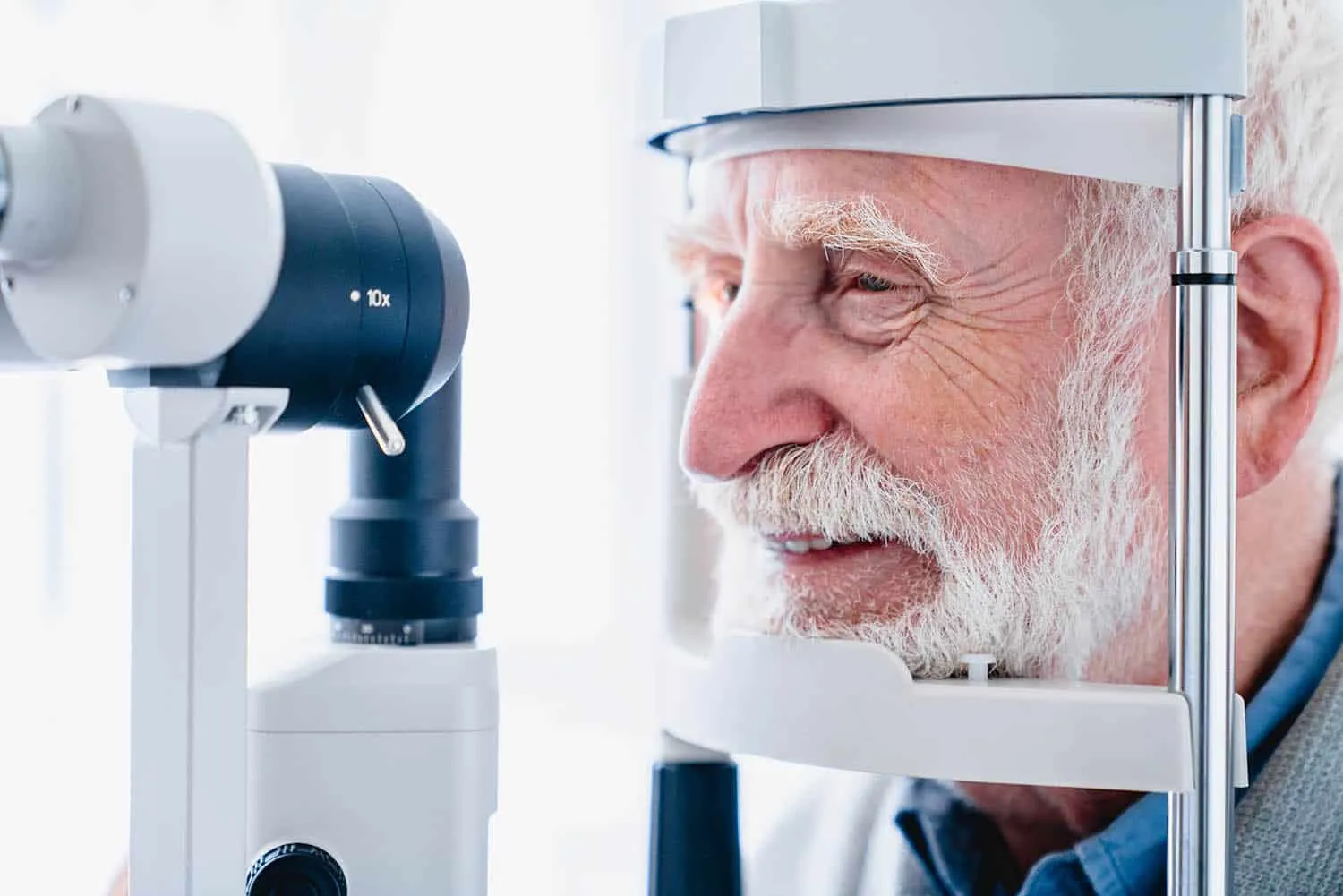The cataract surgery is one of the most common and safest procedures in the field of ophthalmology. Its main objective is to restore vision in patients whose natural lens has become cloudy over time. However, What if this intervention could offer benefits beyond vision? Is it also likely to help maintain or even improve cognitive functions in older people?
A recent study published in June 2024 in the scientific journal Acta Ophthalmologica provides very interesting data on this issue. Japanese researchers have evaluated how cataract surgery influences cognitive function in elderly patients with varying degrees of cognitive impairment. The results reveal that, in certain cases, this surgery could have a positive effect on memory, attention and other mental abilities.
The relationship between vision and cognition in old age
Ageing brings inevitable changes in multiple body systems, including both visual and cognitive function. Previous studies have already pointed to an association between vision loss and cognitive decline. The logic behind this relationship is that poor vision can reduce sensory stimulation and limit the patient's participation in social and intellectual activities, which may accelerate the loss of brain function.
Cataracts are a common and treatable cause of vision loss in older people. Hence a natural question arises: whether we restore vision with surgery, Can we also halt or even reverse some of the cognitive decline?
Objective and design of the study
The Japanese study entitled "Impact of cataract surgery on cognitive impairment in older people. evaluated 88 patients over the age of 75 who underwent cataract surgery between November 2019 and April 2021.
The researchers divided the participants into two groups according to their scores on the Mini-Mental State Examination (MMSE)a widely used test to assess cognitive status:
- Dementia group: MMSE score ≤ 23.
- Mild cognitive impairment (MCI) group: MMSE score between 24 and 27.
All patients were assessed before and three months after surgery using two instruments:
- The standard MMSE, which includes tasks that require vision (such as reading and copying figures).
- The MMSE-blind, an adapted version for the visually impaired that excludes visual items from the test.
Principal results
The results were revealing. Patients with mild cognitive impairment (MCI) showed significant improvements in their cognitive scores three months after surgery:
- On the standard MMSE test, the mean score increased from 25.65 ± 1.03 to 27.08 ± 1.99 (p < 0.001).
- On the MMSE-blind, they improved from 18.04 ± 1.14 to 19.41 ± 2.01 (p < 0.001).
In contrast, patients with dementia (scores ≤ 23) showed no significant improvement after surgery. This suggests that the intervention may have a beneficial effect in early stages of cognitive decline, but its impact is limited when neurological damage is already advanced.
Furthermore, a positive correlation was found between post-surgical visual improvement (measured in visual acuity) and improvement in MMSE score, especially in the MCI group. This supports the hypothesis that improved visual input to the brain may facilitate better cognitive function.
Why can cognition improve after cataract surgery?
There are several possible explanations:
- Increased sensory stimulation: Restoring vision enables the patient to resume everyday visual activities such as reading, watching television or interacting with their environment, which stimulates the brain.
- Reduced social isolation: Older people with poor vision tend to reduce their participation in social activities. Restoring vision also promotes social contact, which is key to maintaining cognitive function.
- Reduced mental workload: The constant effort to compensate for blurred vision can consume cognitive resources. By seeing better, the brain can devote more energy to other mental tasks.
- Improved mood and self-esteem: Visual recovery can have a positive influence on the patient's emotional state, which also has an impact on their mental agility.
Implications for clinical practice
This study reinforces the importance of not underestimating the value of the cataract surgeryIn older patients, even those with early signs of cognitive impairment. In some cases, this intervention could contribute not only to improving their quality of life through vision, but also to slowing down the process of mental decline.
However, realistic expectations are needed. The positive effect has been observed in people with mild impairment, not in advanced cases of dementia. Therefore, early detection and treatment of cataracts may be key to reaping this additional benefit.
Conclusion
The cataract surgery is a safe and effective therapeutic tool that can bring benefits beyond vision. In older people with mild cognitive impairment, restoring visual acuity could translate into a significant improvement in their overall mental state.
In our ophthalmology clinic in FuengirolaWe take a holistic approach to eye health, looking not only at the eyes, but also at how vision influences other aspects of a patient's life, including their brain health.
Do you have cataracts and notice memory loss or difficulty concentrating?
Make an appointment with us. We will study your case individually and help you to recover your vision and your quality of life.



